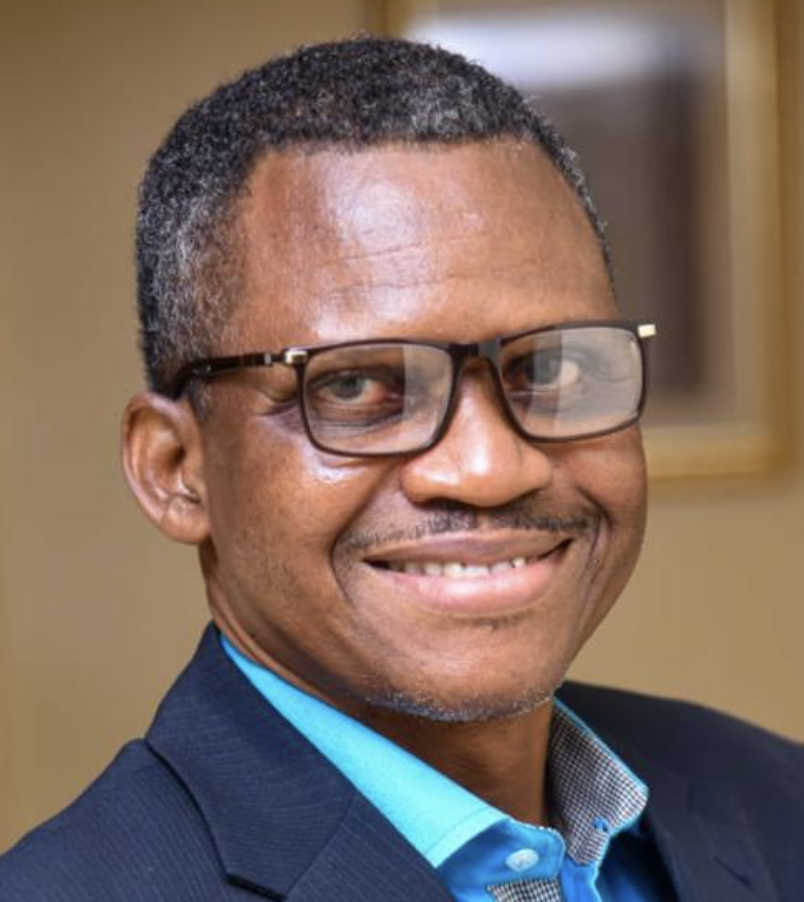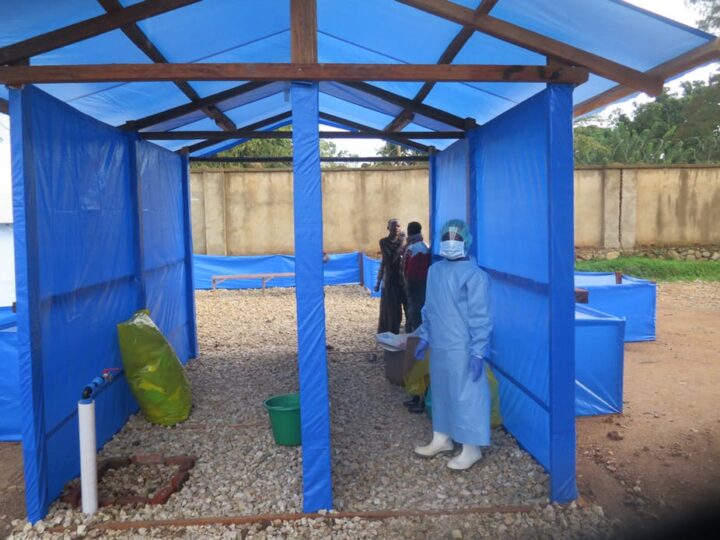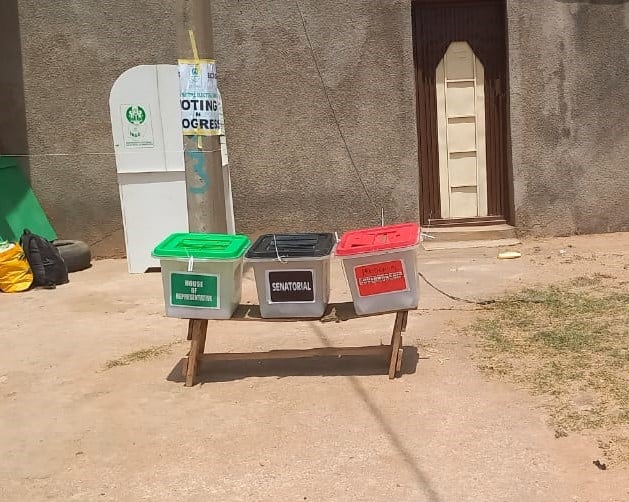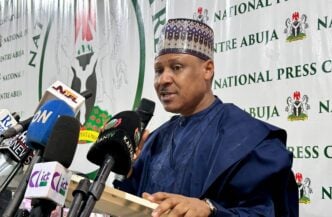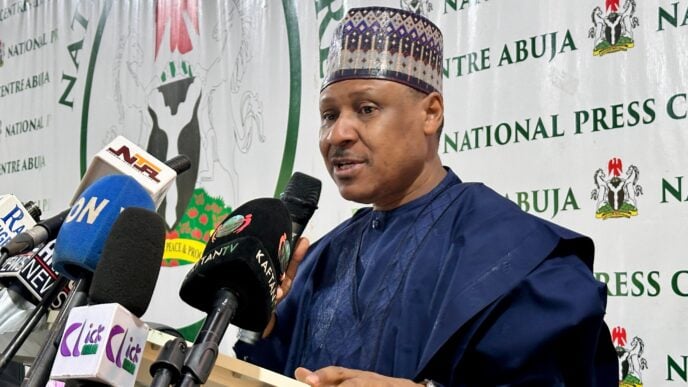An Ebola quarantine centre
The recent declaration by the health authorities in the Democratic Republic of Congo of an outbreak of Ebola virus disease in one of its provinces, where 28 suspected cases and 15 deaths, including that of four health workers, had been recorded, is cause for concern. This is more so when one considers that many Nigerians are yet to fully heal from the injury inflicted on our national psyche by the avoidable but heroic death of some of our finest health professionals during the last Ebola outbreak. These were the people who, at considerable risk to their lives, provided a bulwark against what would have been a disastrous outcome in Nigeria. And we all felt, and still feel, the pain of their loss.
Now, the most extensive, complex, and, in many ways, the scariest Ebola crisis on record was the 2014–2016 West African epidemic. It reportedly infected over 28,600 people and caused 11,325 deaths, although the figures are widely considered to be under-reported, as the magnitude of the outbreak was significantly larger. Contributing to these undercounts were challenges such as limited laboratory capacity for timely testing, weak public health infrastructure, and difficulties in surveillance and data collection, which made it difficult to track and confirm every case. That outbreak was the first to reach epidemic proportions outside of Central Africa, buoyed by poverty, cultural practices, and weak health systems.
The outbreak began in Guinea in late 2013, with the first cases suspected to be the result of exposure to bats or other infected animals, and quickly spread to neighbouring countries. By July 2014, the capital cities of Guinea, Sierra Leone, and Liberia had been significantly affected. The World Health Organisation (WHO) declared the outbreak a Public Health Emergency of International Concern in August 2014.
The disease spread to seven additional countries, including Italy, Mali, Nigeria, Senegal, Spain, the United Kingdom, and the United States, with secondary infections occurring in some of these countries. With more reported cases and deaths than all previous outbreaks combined, the 2014-2016 outbreak is regarded as the deadliest, largest, and longest in history.
Advertisement
Named after the Ebola River in the Democratic Republic of the Congo, where the disease was first identified in 1976, this disease is a severe and often deadly viral haemorrhagic fever. It is transmitted to humans through close contact with the blood or secretions of infected wildlife and then spreads through human-to-human transmission by direct contact with bodily fluids, organs, or contaminated surfaces and materials. Out of all the people who have been officially diagnosed with this disease, 50%, on average, have died from it, although 25% to 90% have been reported in previous outbreaks, according to the World Health Organisation.
I took a Harvard University course on the lessons from the West African Ebola epidemic around the time the COVID-19 pandemic was just starting in 2020. The course was taught by Ashish Jha, a renowned general internist and academic who later served as the White House COVID-19 response coordinator from 2022 to 2023. It was primarily a review of what went wrong and what was done right during the previous Ebola crisis, as well as how to prevent or better handle similar crises in the future. Among the case studies was Nigeria’s handling of that crisis, which was generally described as top-notch. Need I say I was proud to be a Nigerian?
As Ebola rears its ugly head again, but this time in the Democratic Republic of Congo, where it appears to be a recurring decimal, I believe the lessons from the last outbreak in West Africa would be useful in containing the situation right from the source. One of the things everyone agreed went wrong in the handling of the West African Ebola outbreak was that the world went to sleep, or pretended to be sleeping, while the virus spread and ravaged three tiny countries in the region, not for days or weeks but for about nine months. By the time a full, coordinated international response came, the outbreak was already out of control. Part of the conclusion was that the disease could have been contained more quickly and with less deadly consequences if the international community had come to the aid of those countries much earlier.
Advertisement
The positive aspect of this latest development in the Democratic Republic of Congo, therefore, is that the international community is taking early notice. The WHO has deployed experts and emergency supplies, while vaccines are being sent from Kinshasa to contain the spread of the virus.
As countries scramble to protect their borders, the Federal Government of Nigeria is already intensifying monitoring and screening procedures at all points of entry in its country in response to the outbreak, according to a statement credited to the Director of Port Health Services at the Federal Ministry of Health and Social Welfare, Dr Akpan Nse. There are indications that passengers on flights arriving in Nigeria from the Congo, even if they are merely transiting through the Congo en route to Nigeria, are being screened upon arrival. And this applies to airports, seaports, and land borders. This aligns with what the country is known for and has been celebrated for when it comes to handling situations like this.
The Nigeria Centre for Disease Control and Prevention (NCDC), in its advisory, revealed that it is working in coordination with relevant ministries, departments, agencies, and international partners to boost surveillance, enhance laboratory diagnostics, and support frontline healthcare systems. And the NCDC has advised Nigerians to adhere to regular hand hygiene by washing hands with soap under running water or using alcohol-based hand sanitisers and to avoid needless travel to countries presently experiencing Ebola outbreaks to reduce the risk of transmission.
It, therefore, behoves us as citizens to diligently play our role at this critical time to ensure that we and everyone else are adequately protected from a potential outbreak. Part of my worry, however, has to do with those who feel they are highly connected and can, therefore, arrogantly flout rules or get away with bad behaviour. That was what happened in the case of Patrick Sawyer, who brought the Ebola virus to Nigeria but did not want to submit to medical protocols. Unfortunately, some of our finest medical professionals, including Dr Ameyo Adadevoh and some of her colleagues, had to pay with their lives for his recalcitrant behaviour.
Advertisement
The Ebola situation, as it stands today, calls for vigilance and the cooperation of all. Carrying the sickness or symptoms you do not understand to your home, or getting a private doctor or pharmacist/local chemist to diagnose or treat you, can be fatal, not only to you, but also to those around you and the person you are paying for treatment in the privacy of your home or hotel. The best and most appropriate thing to do if you suspect anything is to seek help from qualified health professionals. Here’s hoping, however, that the outbreak in the Democratic Republic of Congo is contained quickly so that there will be no need for us to live under the fear of this deadly virus.
Ojenagbon, a health communication expert and certified management trainer and consultant, lives in Lagos.
Views expressed by contributors are strictly personal and not of TheCable.
